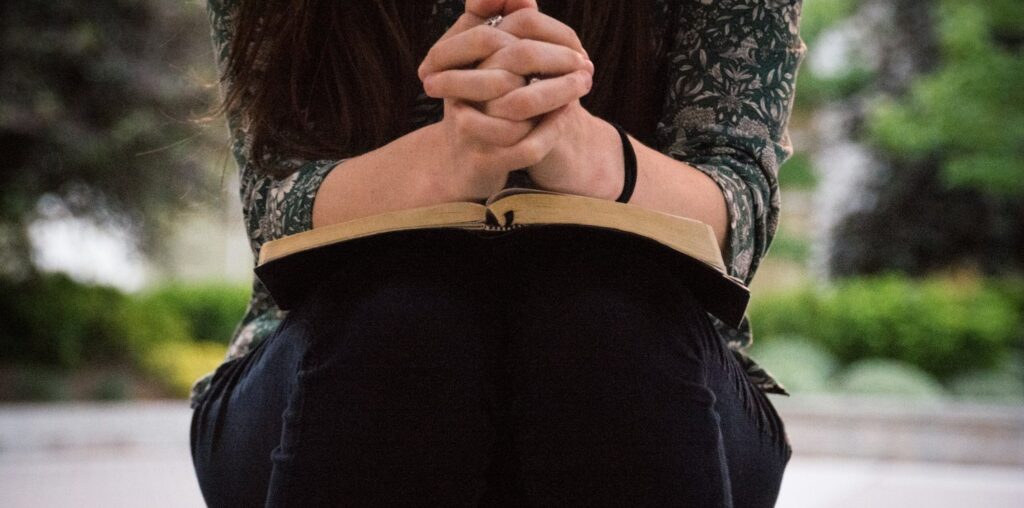
Within Christianity, for example, views on free will differ dramatically. Calvinism, inspired by Augustine’s doctrine of predestination, suggests that God’s foreknowledge implies a predetermined path for every individual. Yet, Calvin emphasized that even in a world preordained by God, humans act according to their desires. This view essentially argues that God’s plan and our choices are not in direct conflict; rather, they coexist. Albeit, in a mysterious manner.
In contrast, Arminianism, a theological framework within Christianity, emphasizes the compatibility of divine grace and human free will. It originated in the early 17th century through the teachings of Jacobus Arminius, a Dutch theologian who challenged certain aspects of Calvinist doctrine, particularly predestination.
Arminianism directly counters the view of predestination, advocating instead for a synergistic relationship between God’s grace and human choice. It holds that God’s grace enables individuals to choose or reject salvation but does not coerce their decision, thus upholding human free will and responsibility.
The Catholic Church also weighs in with its own nuanced stance. The church acknowledges that original sin impairs human nature, but maintains that free will remains intact. The Council of Trent, which took place between 1545 and 1563, solidified this view, emphasizing the necessity of cooperating with God’s grace. This cooperation, a concept known as “synergy,” highlights a partnership where humans actively respond to divine grace to achieve salvation.
Islam, too, faces the rather daunting task of balancing God’s omnipotence with human freedom. Islamic theologians like Abu Hasan al-Ash’ari developed a framework where God creates the capacity for every action, but humans are responsible for choosing to act. This dual-agency model attempts to maintain God’s sovereignty while holding individuals accountable for their choices.
In Islam, the emphasis on God’s jabr (divine power) and human qadar (capacity) reflects a delicate balance. While God’s power is absolute, human actions are seen as choices made within the framework God provides. This balance allows believers to acknowledge divine authority without entirely surrendering their sense of responsibility.
Judaism, on the other hand, treats free will as central to moral responsibility. The Torah’s call to “choose life” suggests that human beings are genuinely free to obey or disobey God’s commandments. Yet, Jewish scholars have long debated the paradox of God’s foreknowledge and human freedom, often concluding that God’s knowledge exists outside of time and therefore does not infringe upon human choices. This paradox, while difficult to grasp, is embraced within Judaism as a mystery beyond human comprehension.
In Hinduism, the concept of free will is tied to diverse philosophical traditions. The Advaita school, which sees the world as an illusion (maya), leans towards a more fate-oriented approach. In contrast, the Dvaita school asserts that the individual soul (jiva) retains the freedom to act despite the overarching influence of karma.
Often viewed as a cosmic law that shapes the consequences of our actions, linking past deeds with present realities, karma is often misunderstood. Contrary to the notion of fate as an unchangeable script, karma doesn’t strip us of our freedom to make new choices—it’s more like a guiding thread that connects the past, present, and future.
Picture karma as a river, flowing from the choices we’ve made, carving its way through the landscape of our lives. The river’s current symbolizes the weight of past actions, shaping our present circumstances. But within that current, we aren’t just drifting aimlessly. We have the power to swim, change direction, grab onto a rock, or even call for help. We aren’t mere passengers; we have the agency to reshape our trajectory — our destiny.
What’s the real takeaway? Even if free will isn’t a metaphysical guarantee, living as if it exists offers something vital. It offers purpose. It anchors us in a belief that our choices matter, fostering accountability and a sense of self-direction that cuts across religious lines. The question of whether free will and faith can coexist doesn’t have a clean, easy answer. How could it? It’s arguably the most perplexing question known to man.
But maybe that’s the point. Without wishing to sound like Lex Fridman, perhaps the beauty lies in the tension, pushing both believers and skeptics to confront what it truly means to be human. And don’t think for a second that these debates are going anywhere. With AI reshaping the entire human experience, these age-old questions about free will and autonomy are only going to get more intense.

